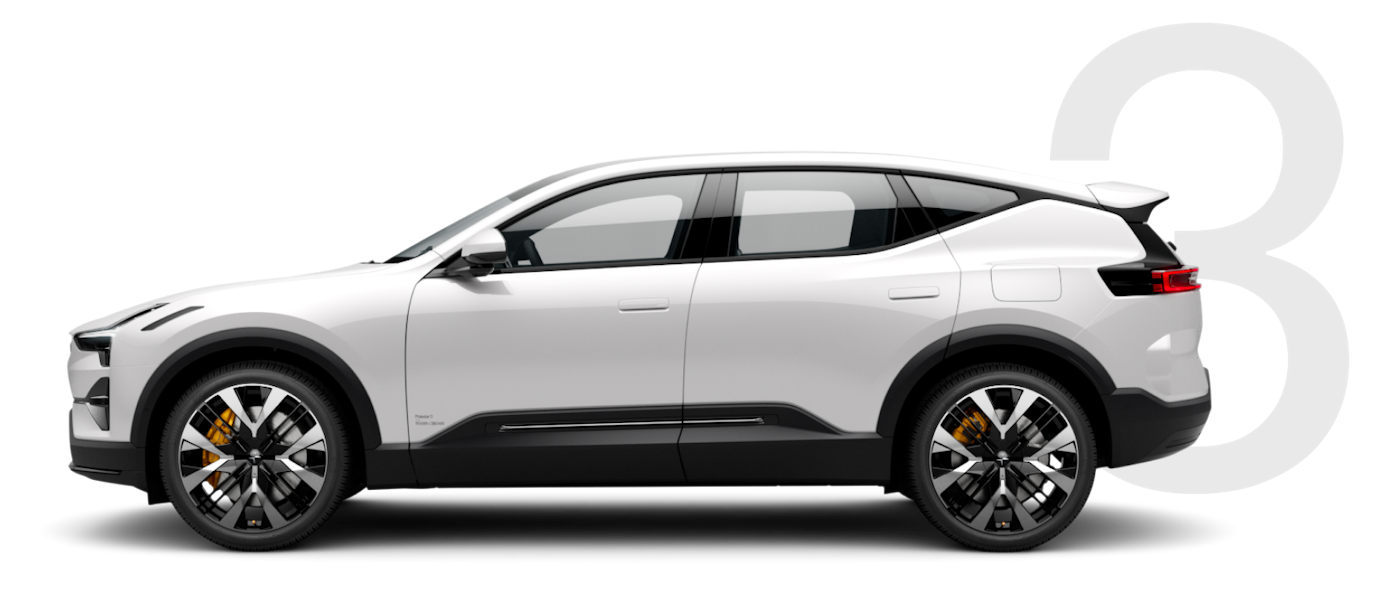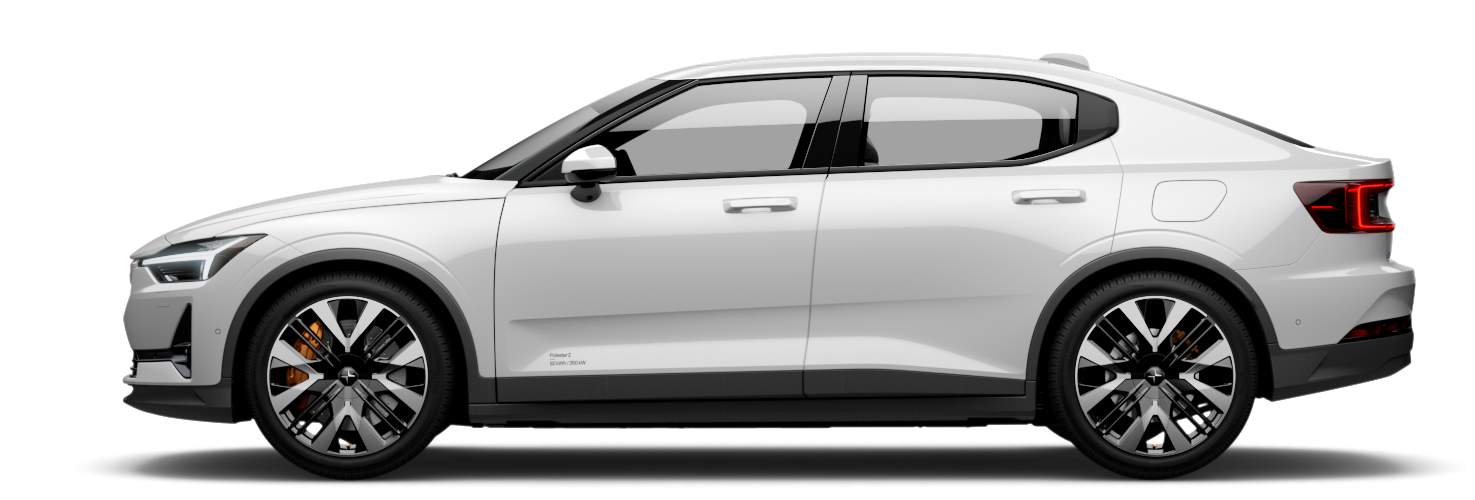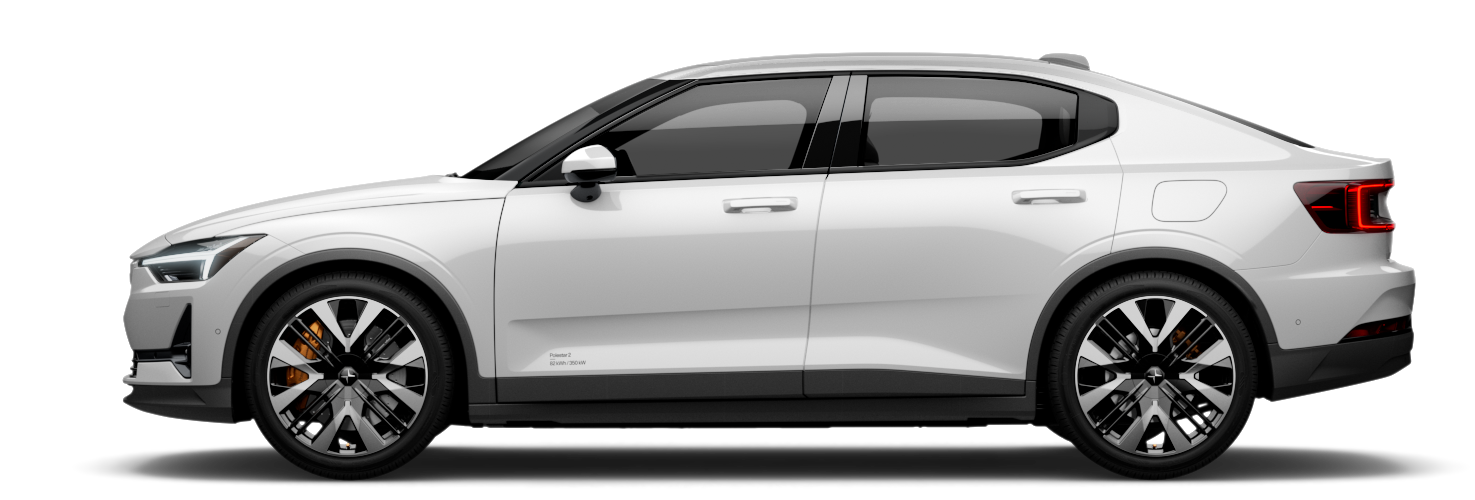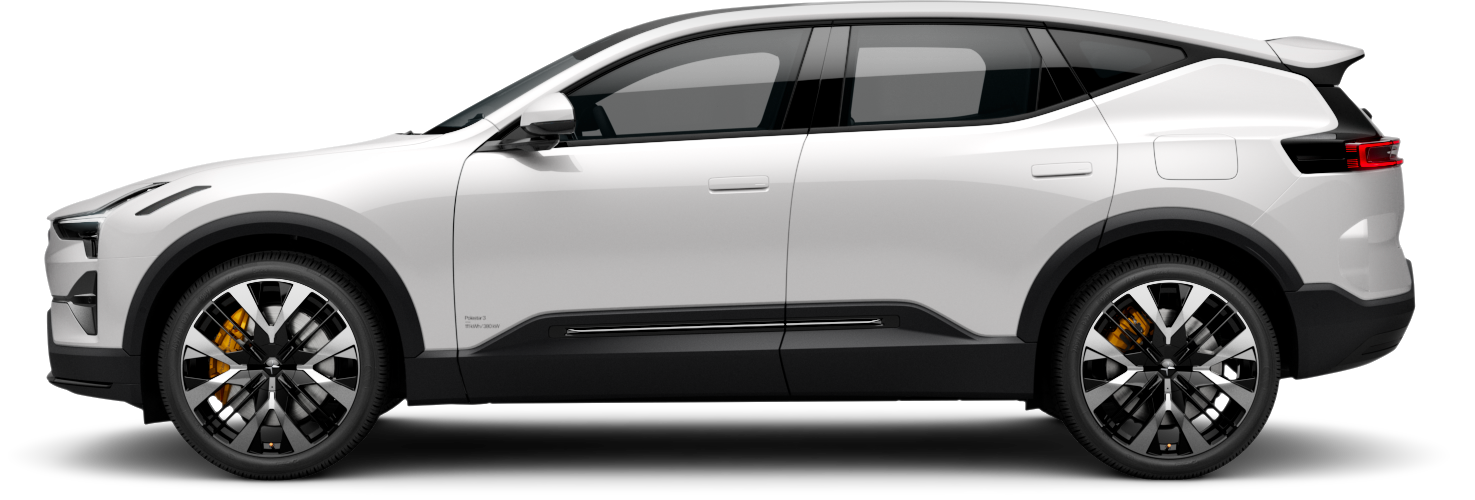Polestar 3 support

General questions about Polestar 3
Polestar 3 premieres a new aerodynamic profile where a strong focus has been placed on retaining the hallmarks of an SUV, including a powerful and wide stance. This has been led by subtle yet effective aerodynamic optimisation, including a front aero wing that is integrated into the bonnet, an aero wing that is integrated into the rear spoiler, and rear aero blades. This is all encapsulated with a low roof line that brings the efficency the SUV for the electric age requires.
Our new aerodynamic electric performance SUV, Polestar 3, will be manufactured in Ridgeville, South Carolina and in a production centre in Chengdu, China. Having production taking place on two continents allows us to better supply our key markets.
Test drives are currently available at your nearest location. To experience this car to its fullest potential, please book a Test drive.
Polestar 3 is based on Volvo Cars’ new technology base that is shared with the Volvo EX90 and is the first car to be built on this platform. We are also working closely with Volvo Cars on the computing unit they are developing for the NVIDIA DRIVE system-on-chip. The technology enables integration with the ADAS software from Zenseact, which will be used in Polestar 3. Our collaboration with Volvo Cars remains strong, but with Polestar 3, we begin to diverge more on the design, dynamics and performance of our cars. And while these cars sit on the same platform they are very different. Polestar 3 is a true Performance luxury SUV and appeals to a different audience.
With Polestar 3, we present the first Polestar SUV. This is a performance-oriented SUV that has a sleek, wide body with a low roofline and aerodynamic profile. Therefore it is not suited to a 7-seat configuration. We pushed the second row seats futher back to create extra leg room, which, in combination with a fully flat floor creates a spacious rear passenger environment.
The integrated front aero wing improves the laminar airflow over the front of the body. The rear wing maintains the laminar flow, which reduces the turbulent wake behind the car and improves rear axle stability.
The aero blades on each side of the rear of the car improve airflow at the rear and behind the car, while also standing out as a design statement. The Polestar 3 is a high-sided vehicle and the active air suspension available works in harmony with these aerodynamic features to lower the car at highway speeds.
"This refers to leather that we source from a supplier that complies with strict requirements on the welfare of the animals, both from industry bodies and ourselves. Our requirements are based on the so-called Five Freedoms e.g. freedom from hunger and thirst. The supplier is Bridge of Weir in Scotland. Bridge of Weir sources raw hides locally from responsible suppliers with 100% traceability, as certified by Leather Working Group. You can read more here, at bridgeofweirleather.com/sustainable-sourcing.
When we source leather, we also include other strict sustainability requirements such as:
- Traceability: first down to the slaughterhouse and then down to farm level.- Origin: leather cannot come from areas with deforestation risk, such as the Amazon rainforest.- Environmental practices: for example, the tanning process must be chrome-free.The leather in our vehicles is of the highest standard and renowned in the industry as state of the art. "
Two cameras mounted on the dashboard monitor the driver’s eyes. The driver's eye movements are tracked for signs of distraction, drowsiness/sleep, or distress. Visual and audio warnings are triggered depending on what the system detects. These signs can even be detected if the driver is wearing a pair of glasses. If necessary, an emergency stop procedure can be initiated to safely stop the car, and an emergency distress signal can also be issued to alert emergency services to a detected problem. The cameras operate on a closed-loop system, meaning no data is stored or shared beyond the car and its safety systems.
This will be determined when the car is independently tested, which usually takes place with production cars. Polestar 3 features the latest safety technology from Volvo Cars and has been thoroughly tested in the Volvo Safety Centre in Sweden, where it has performed at the top in each class.
When equipped with LiDAR, Polestar 3 will initially have enhanced driver assistance functionality, enabled by 3D laser scanning of its surroundings and additional radars and ultrasonic sensors. These features will help enable autonomous driving in the future. This will gradually become possible according to legislation roll-out in various markets over time and is not expected to be available before 2024. Until then, all systems are currently driver "assist" features, meaning that they assist you as the driver. The driver must still be in full control of the vehicle which will be announced as on-screen reminders.
Take control of your Polestar 3 in the app
Download the Polestar app to control your car remotely and get smart notifications or software updates.
Download the app





